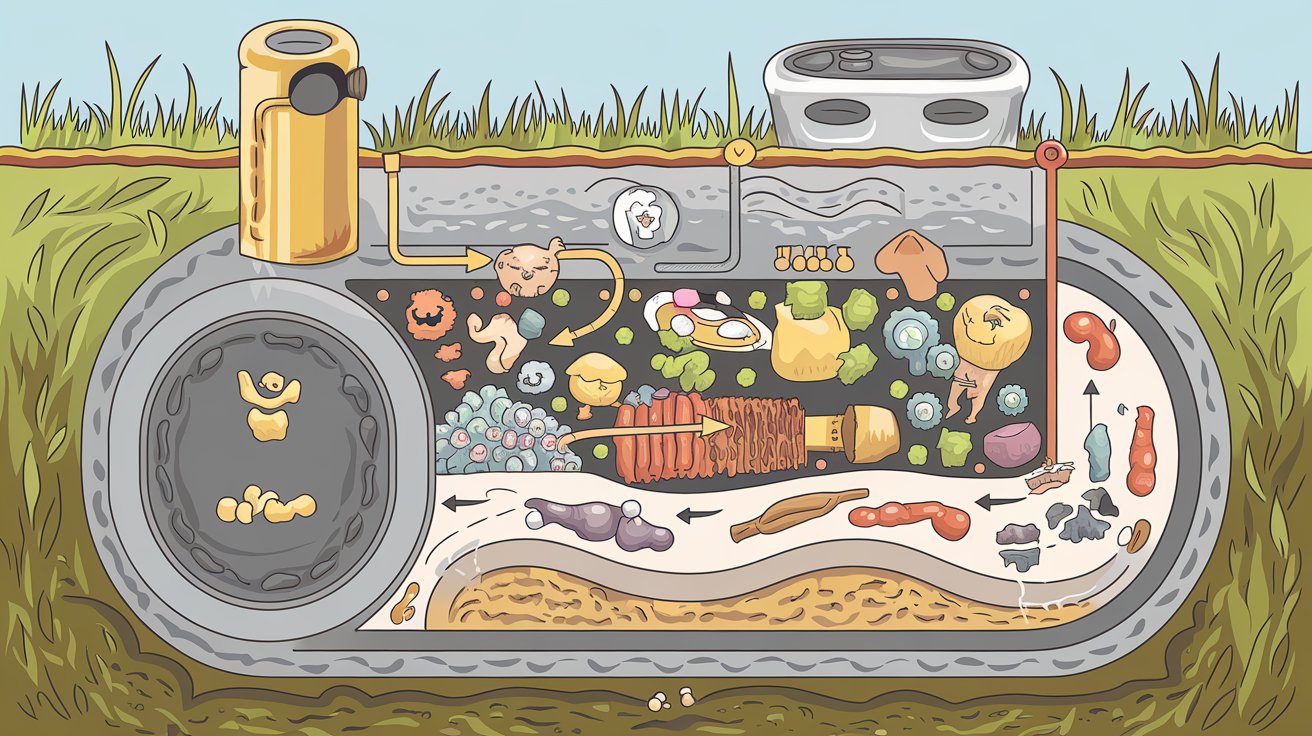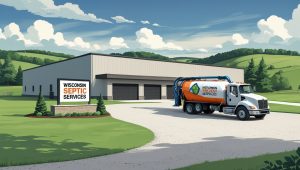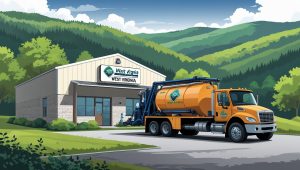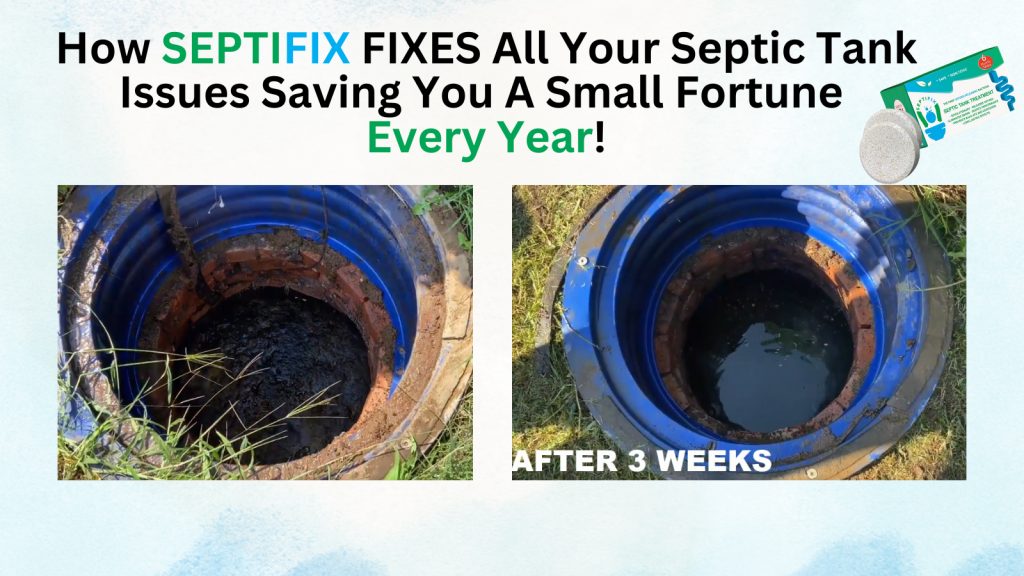Enzymatic additives: how they work is increasingly recognized as an essential topic for maintaining the health and efficiency of septic systems. These biological substances play a crucial role in breaking down organic waste, enhancing the overall performance of septic tanks. Understanding how these additives function can empower homeowners to make informed decisions about their septic system maintenance. In this article, we will delve into the functionality, benefits, proper usage, environmental impact, and supporting research regarding enzymatic additives: how they work. By the end, you will have a comprehensive understanding of how these products can improve your septic system’s health and longevity.
Table of Contents
- Understanding Enzymatic Additives
- Benefits of Enzymatic Additives
- How to Use Enzymatic Additives
- Environmental Impact
- Case Studies and Research
- Common Types of Enzymes Used
- Septifix
- Septic Permit Links by State
Understanding Enzymatic Additives
Enzymatic additives: how they work involves specialized products that contain enzymes designed to accelerate the decomposition of organic matter within septic tanks. These enzymes are proteins that act as catalysts, facilitating chemical reactions that break down complex organic compounds into simpler substances. This process is vital for effective waste management in septic systems. Functionality
When introduced into a septic tank, enzymatic additives: how they work enhance the natural microbial activity already present in the system.
The enzymes target specific types of organic materials such as fats, oils, proteins, and carbohydrates. By breaking these compounds down into smaller molecules, the enzymes make it easier for bacteria to digest them. This relationship between enzymes and bacteria leads to more efficient waste processing. For instance, proteases break down proteins into amino acids. Lipases target fats and oils. Carbohydrases help decompose carbohydrates into sugars. This multi-faceted approach ensures that various types of waste are effectively managed within the septic tank environment.
Benefits of Enzymatic Additives
Enhanced Breakdown of Organic Waste
One primary benefit of using enzymatic additives: how they work is their ability to significantly enhance the breakdown of organic waste. Traditional septic systems can struggle with large volumes of waste, leading to sludge buildup over time. Enzymatic additives help mitigate this issue by accelerating decomposition rates. This reduces the frequency of pumping and maintenance required.
Reduction of Odors and Clogs
Odors from septic systems can be a significant nuisance for homeowners. Enzymatic additives: how they work minimize these unpleasant smells by promoting efficient waste breakdown and reducing stagnant materials that contribute to foul odors. Additionally, by preventing clogs caused by solid waste buildup, these additives contribute to smoother operation of the system.
Improvement of Septic System Efficiency
Regular use of enzymatic additives: how they work can lead to a healthier septic system overall. Maintaining optimal conditions for bacterial activity and waste decomposition helps extend your septic system’s lifespan while reducing long-term maintenance costs. Homeowners who incorporate enzymatic treatments often report fewer issues related to backups or system failures.
Cost-Effectiveness
Although there may be an initial investment in purchasing enzymatic additives, they can ultimately save homeowners money in the long run. Reduced pumping frequency and lower maintenance costs contribute to overall savings. Moreover, by preventing costly repairs associated with clogged or failing systems, enzymatic additives: how they work provide an economical solution for septic system care.
User-Friendly Application
Enzymatic additives are typically easy to use and require minimal effort from homeowners. Most products come in convenient forms such as powders or tablets that can be simply flushed down toilets or added directly to the septic tank. This ease of application encourages regular use and promotes better system health without requiring extensive knowledge or expertise.
How to Use Enzymatic Additives
Recommended Usage Guidelines
To achieve optimal results with enzymatic additives: how they work, it is crucial to follow the manufacturer’s instructions regarding dosage and frequency. Generally, these products should be introduced into the system monthly or as recommended based on household usage patterns.
Frequency and Quantity
The quantity needed may vary depending on factors such as tank size and household water usage. For example, many products recommend adding one packet or scoop per month for an average-sized household (typically 1,000 gallons). Larger households or those generating more waste may require higher doses or more frequent applications. It’s important to note that while more is not always better when it comes to enzymatic additives, consistent application is key to maintaining optimal conditions within your septic system.
Environmental Impact
Enzymatic additives are considered eco-friendly alternatives to harsh chemical treatments commonly used in wastewater management. Unlike chemical solutions that may introduce harmful substances into the environment, enzymatic products promote natural processes without adverse effects on local ecosystems. Using enzymatic additives: how they work contributes to sustainable waste management practices by enhancing efficiency in waste decomposition while minimizing pollution risks associated with traditional treatments. Homeowners who choose these products not only benefit their own systems but also support broader environmental goals.
Case Studies and Research
Research shows that enzymatic additives: how they work can lead to improved waste breakdown efficiency in various settings:
- A study conducted by a local environmental agency found homes using enzymatic treatments experienced 30% less sludge accumulation over five years compared to those relying solely on traditional methods.
- Another case study highlighted a community where homeowners adopted enzymatic additives as part of their routine maintenance program; they reported a significant decrease in service calls related to backups and failures.
- Research published in environmental journals indicates homes utilizing these products have lower levels of harmful bacteria entering groundwater systems due to improved treatment efficacy.
These findings underscore the effectiveness of enzymatic additives: how they work in promoting healthier septic systems while protecting local water quality.

Common Types of Enzymes Used
Understanding which specific enzymes are included in your chosen product can help you select the most effective additive for your needs:
- Protease: Breaks down proteins found in fecal matter.
- Lipase: Targets fats and oils commonly found in wastewater.
- Amylase: Decomposes starches from food waste.
- Cellulase: Works on fibrous materials like toilet paper.
- Urease: Breaks down urea from urine into ammonia.
Each enzyme serves a specific purpose in enhancing waste decomposition within your septic system.
Conclusion
In summary, enzymatic additives: how they work are vital for enhancing waste decomposition in septic systems. Their benefits include improved efficiency in breaking down organic materials, reduced odors and clogs, cost savings through decreased maintenance needs, user-friendly application methods, and positive environmental impacts. For those interested in maintaining a healthy septic system, consider exploring various enzymatic products available on the market today—your system will thank you!







